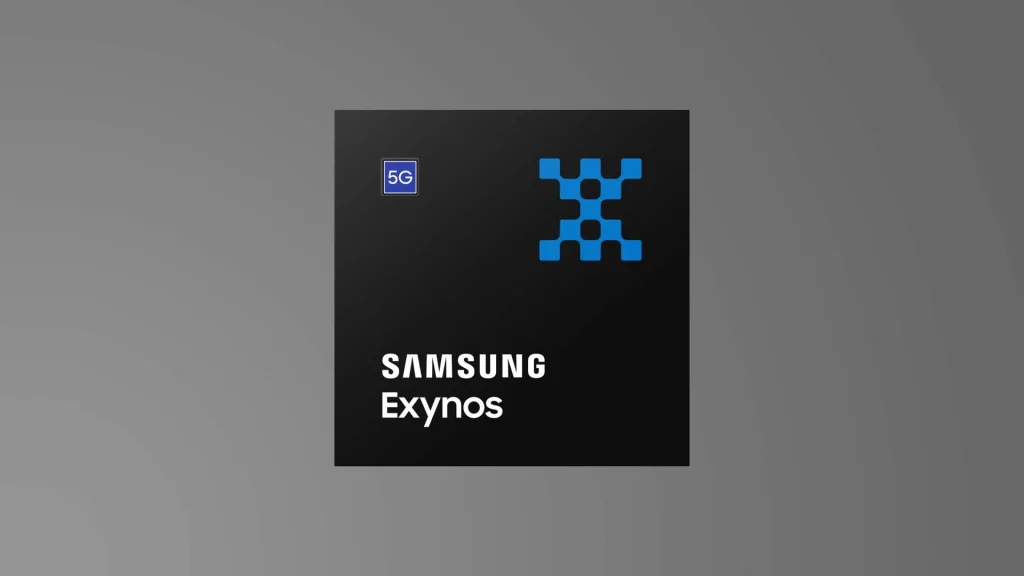Samsung may not use an Exynos chipset in its upcoming Galaxy S24 series, according to a recent rumor. This marks a significant departure from Samsung’s usual strategy, which has seen the company equip its flagship phones with either Qualcomm Snapdragon or Exynos chipsets, depending on the region. Here are the details…
Galaxy S24 series won’t use an Exynos SoC anywhere, says new rumor
In the past, Samsung used Qualcomm Snapdragon SoCs for the US, Canada, and China, while using Exynos chipsets for other regions. The only exception to this was in 2015 when the company used the same Exynos chip for all Galaxy S6 models due to concerns about the Snapdragon 810’s overheating problems.

This year, all Galaxy S23 series phones were powered by the powerful Snapdragon 8 Gen 2 chipset, and the latest rumor suggests that the same will be true for the Galaxy S24 series. This means that Samsung is likely to use the Snapdragon 8 Gen 3 SoC, which is expected to be produced by TSMC using its 4nm process node.
Two different tipsters have offered varying specs for the Snapdragon 8 Gen 3 chipset, but they both agree that it will feature one high-performance Cortex X-4 CPU core. One tipster expects the CPU core to run at a speed of 3.70GHz, while the other expects it to run at 3.20GHz. Both tipsters expect the chip to have four performance cores and three efficiency cores, but they differ on the number and speed of the performance and efficiency cores.

While the rumor that Samsung won’t use an Exynos chipset for the Galaxy S24 series is still unconfirmed, it’s a significant development. Samsung is reportedly working on developing a new Exynos chipset using ARM’s Cortex CPU cores, but it’s unlikely to be ready in time for the next flagship series.
If Samsung does indeed use the Snapdragon 8 Gen 3 SoC for the Galaxy S24 series, it will mark a continuation of the company’s recent trend of using Qualcomm’s chipsets for its flagship phones. This move could be seen as an attempt to level the playing field and provide a more consistent user experience across all regions, as Samsung has been criticized in the past for the performance gap between its Snapdragon and Exynos chipsets.
RELATED:
- Pixel 8’s Google Tensor 3 Chip Could be Fabricated on Samsung’s 4nm Process Node
- Samsung Galaxy Watch 6 Might Bring Back the Fan-favorite Rotating Bezel
- Samsung Exynos 2300 Specs Leaked with 3.09GHz Cortex-X3 Super Core
- Samsung Supports Digital Alzheimer’s Diagnosis with Galaxy Tab S8+
- Is Samsung Faking Pictures of the Moon Using AI?
(via)







